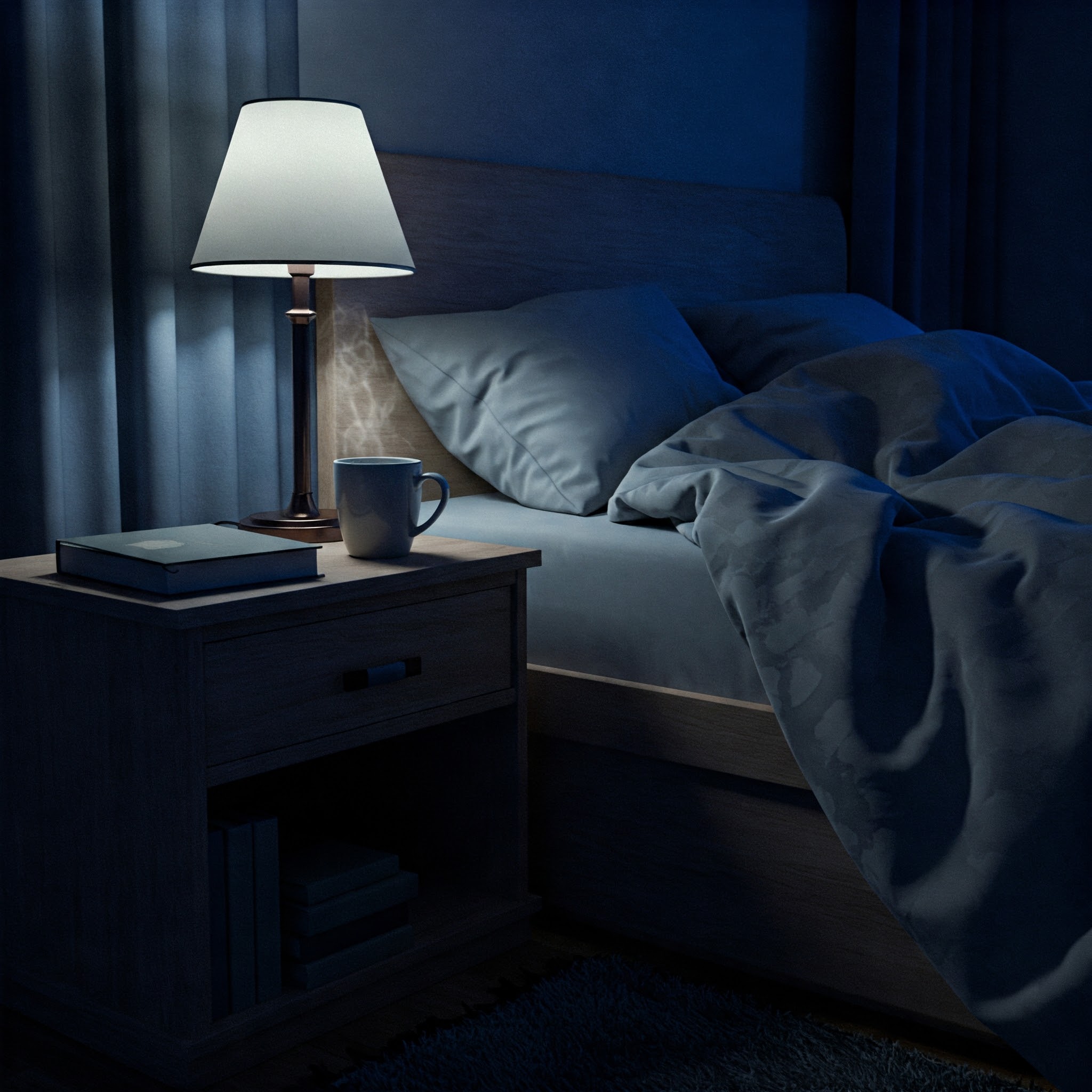Improving Sleep Quality: Tips for a More Restful Night
Are you tossing and turning, staring at the ceiling while the world around you sleeps soundly? Poor sleep quality can impact everything from your mood and energy levels to your long-term health. The good news is that making small, consistent changes can significantly improve your sleep and lead to more restful nights. This guide will cover essential tips for insomnia, explore natural sleep remedies, help you understand how to sleep better, guide you in creating a bedtime routine, and highlight the importance of good sleep hygiene.
Why is Sleep Quality So Important?
Quality sleep isn't just about the number of hours you clock; it's about the depth and consistency of that sleep. Good sleep:
- Boosts Your Immune System: Helps your body fight off illness.
- Improves Mood: Makes you feel more positive and less irritable.
- Enhances Cognitive Function: Improves focus, concentration, and memory.
- Increases Energy Levels: Leaves you feeling refreshed and ready for the day.
- Supports Physical Health: Plays a role in hormone regulation and physical repair.
Tips for Insomnia and Better Sleep
If you're struggling with insomnia or simply want to sleep better, try these strategies:
- Establish a Consistent Sleep Schedule: Go to bed and wake up around the same time every day, even on weekends. This helps regulate your body's natural sleep-wake cycle (circadian rhythm).
- Create a Relaxing Bedtime Routine: Wind down for at least an hour before bed. This could include taking a warm bath, reading a physical book, listening to calming music, or practicing gentle stretching. Avoid stimulating activities like work or intense discussions.
- Optimize Your Sleep Environment (Sleep Hygiene): Make sure your bedroom is dark, quiet, and cool. Invest in a comfortable mattress and pillows. Consider using blackout curtains, earplugs, or a white noise machine if needed.
- Limit Exposure to Blue Light Before Bed: Electronic devices like smartphones, tablets, and computers emit blue light, which can interfere with melatonin production (the hormone that regulates sleep). Avoid screens for at least an hour or two before bedtime. If you must use them, consider using blue light filters.
- Watch Your Diet and Drink: Avoid heavy meals, caffeine, and alcohol close to bedtime. While alcohol might initially make you feel sleepy, it can disrupt your sleep later in the night.
- Get Regular Exercise (But Not Too Close to Bedtime): Physical activity can improve sleep quality, but avoid vigorous exercise in the 2-3 hours before you plan to sleep.
- Manage Stress and Anxiety: Practice relaxation techniques such as deep breathing exercises, meditation, or yoga. Journaling can also help clear your mind before sleep.
- Limit Daytime Naps (or Keep Them Short): Long or late-day naps can interfere with your nighttime sleep. If you nap, keep it short (20-30 minutes) and avoid napping late in the afternoon.
- Consider Natural Sleep Remedies (with caution and research): Some people find relief with natural remedies like melatonin supplements (consult a doctor before use), chamomile tea, valerian root, or lavender. However, their effectiveness can vary, and it's essential to do your research and talk to a healthcare professional.
- Don't Stay in Bed Awake: If you can't fall asleep after 20 minutes, get out of bed and do a relaxing activity in dim light until you feel sleepy. Avoid activities that are too stimulating.
When to Seek Professional Help
If you consistently struggle with poor sleep despite trying these tips, it's important to consult a doctor. They can help identify any underlying medical conditions or sleep disorders and recommend appropriate treatment options.
Sweet Dreams Ahead!
Improving your sleep quality is an investment in your overall well-being. By implementing these tips and creating a consistent and relaxing routine, you can pave the way for more restful nights and brighter, more energetic days.
Ready to test your sleep smarts? Head over to our website after reading to take the "Sleep Soundly" quiz and earn points while reinforcing what you've learned!
Please login to leave a comment.


 Rakesh Rajbhat
Rakesh Rajbhat




